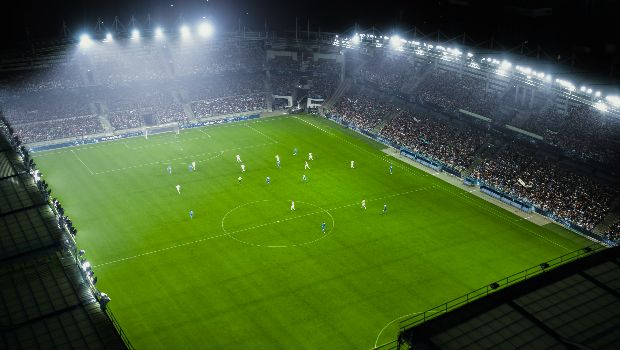The Premier League has spoken—and the answer to a salary cap is a firm no. In a vote, all 20 clubs came together to consider dramatic rule changes that could reshape how English football manages spending. While the idea of “anchoring”, a system designed to equalize spending limits across clubs, was rejected, a different financial transformation is on the way: the introduction of a Squad Cost Ratio model.
The debate arrives at a time of intense financial scrutiny in the league, following recent point deductions for Everton and Nottingham Forest and ongoing legal disputes involving Manchester City and Leicester City. Many expected the Premier League to move toward stricter financial controls, and although the league chose not to impose a hard salary cap, it has voted in favor of a system that significantly reshapes how clubs can spend.
The vote on introducing a salary cap proposal, known as anchoring, failed with 12 clubs voting against, seven voting in favor, and one abstaining. The proposal would have capped total spending based on what the lowest-revenue club earns, multiplied by five. In short, it was an attempt to reduce the enormous financial gap between the Premier League’s richest and poorest sides.
Supporters argued it would create fairness in an increasingly uneven competitive field. Critics, however, claimed it would artificially punish successful clubs with higher commercial revenue, sponsorship strength, and global fan bases. Put simply, the biggest clubs saw it as a restraint on ambition and investment.
Anchoring would have limited spending on wages and amortized transfer fees using a standardized figure tied to the league’s lowest earner. That was viewed as too drastic by wealthier teams who rely heavily on their financial muscle to attract elite players and compete in Europe.
Clubs ultimately chose not to take the equalization route—but the vote did open the door to a different kind of control system.
Although anchoring failed, clubs overwhelmingly approved a major structural change: the Squad Cost Ratio (SCR) system, which replaces the existing Profitability and Sustainability Rules (PSR).
The vote passed 14–6, with notable shifts from Manchester United and Manchester City, who previously opposed the reform but reversed course this time. The SCR will limit clubs to spending no more than 85% of annual football revenue on items including:
- Player wages
- Transfer fees and amortization
- Coaching staff costs
This aligns the Premier League more closely with UEFA’s financial regulations, which cap spending at 70% of revenue for clubs competing in European competitions.
In addition to SCR, clubs unanimously approved Sustainability and Systemic Resilience (SSR) rules, which will implement financial stress testing—similar to what banks face—with assessments based on liquidity, working capital, and equity strength.

























